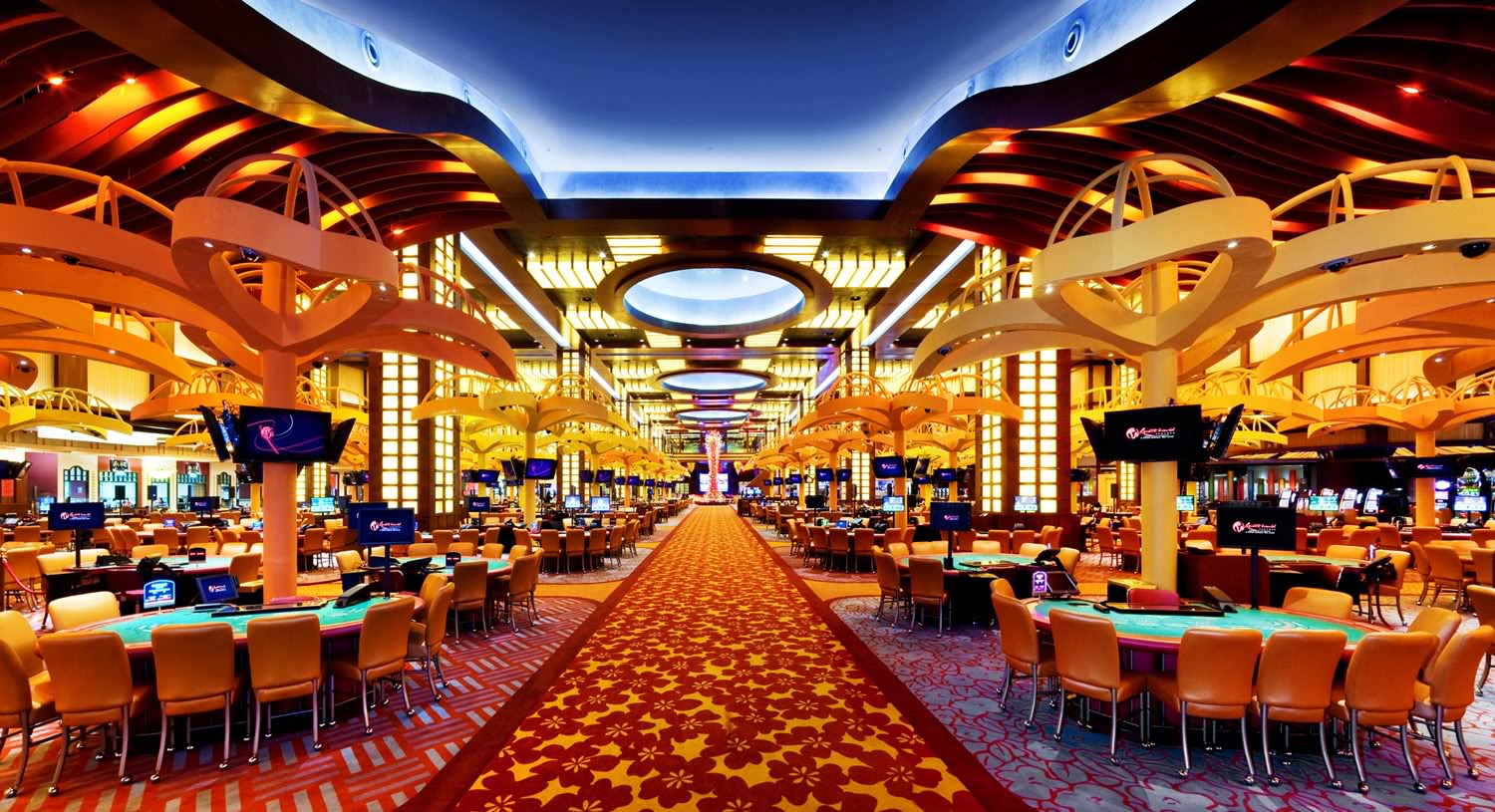
A world of leisure has seen numerous transformations over the decades, but not many have captured our imagination and excitement of players quite like casino games. Emerging in the bustling halls of Las Vegas, Nevada and Atlantic City, these entertainments have spilled over borders and cultures, becoming a global phenomenon. Whether in the dazzling lights of a mega-resort to the convenience of virtual platforms, the allure of casino games is undeniable, drawing millions into a world of chance and tactics.
As an increasing number of nations accept gambling in various forms, the influence of U.S. casino games is clear. They have not only shaped local gambling markets but have also inspired countless adaptations and innovations worldwide. Classic games such as the poker and the blackjack, along with new variations, have created a common dialect of entertainment that connects across varied populations. The combination of gambling risks, rewards, and social interaction found in these activities fosters a unique sense of belonging, further cementing their place in the international entertainment landscape.
Historical Summary of U.S. Casino Activities
American casino games have a rich and varied past that mirrors the societal evolution of the United States. The beginnings of these activities can be traced back to multiple Europe’s gambling traditions introduced over by settlers. Games like the poker game, the blackjack game, and the roulette game found their way into the fabric of U.S. society in the 19th century, achieving popularity in bars and riverboats. These venues provided the ideal backdrop for community interaction and competition, laying a solid basis for casino gambling as we know it today.
As the country moved to the west, gambling developed in tandem with it. The Gold Rush era in the mid-1800s witnessed the rise of gaming communities such as Deadwood and Tombstone, Arizona, where gambling activities were played with big bets, often punctuated by an air of lawlessness. This time set the stage for the establishment of casino games in the early 20th century, notably with the creation of Las Vegas as a gambling center. The construction of opulent casinos transformed the gaming landscape, establishing an atmosphere where games could thrive and draw tourists from around the globe.
In recent decades, the approval of casino gaming in multiple states has additionally diversified the variety of games available. U.S. casinos now feature a mix of classic gambling activities and new options that serve to contemporary players. This expansion has enabled for a distinct fusion of old and new, facilitating the continuous evolution of casino gaming culture in the U.S.. The global influence of these games has also led to their inclusion into global gambling industries, demonstrating the lasting impact of U.S. casino gambling activities across the world.
Global Popularity and Impact
The growth of American gambling titles has marked a significant change in the international gambling landscape. With their attraction crossing borders, these games have enthralled players around the world. From poker tournaments to slot machines, U.S. styles have found a place in many international casinos. This transference of culture emphasizes how versatile and compelling these games are, adapting to local preferences while maintaining their timeless American charm. 5MB
Moreover, the impact of these titles extends beyond traditional gambling establishments. Online platforms have played a pivotal role in popularizing U.S. casino games, making them accessible to players globally. The ease of online gaming has introduced millions to opportunities that were once confined to physical casinos. Players can now enjoy their beloved titles from anywhere, sparking a fresh wave of enthusiasm and growing the player base considerably.
This widespread acceptance is also reflected in the integration of American casino games into local traditions. Countries that have adopted these titles often organize their own versions and competitions, blending local customs with American gaming traditions. This fusion not only enhances the gambling journey for players, but it also highlights the powerful influence that American casino titles have on both leisure and social engagement across various cultures.
Cultural Adaptations and Improvements
Gambling games have undergone notable changes as they expanded across various cultures. Each region has absorbed elements of U.S. gambling while infusing its own customs and habits. For example, the rise of online casino platforms has allowed for the integration of local character into classic titles like poker and blackjack. Gamblers now enjoy variations that include regional wagering styles and unique rules, making the games more accessible and welcoming for different audiences.
In many countries, the appeal of gambling games has resulted to the development of localized versions that showcase cultural aspects and stories. This adaptability has paved the way for creative game development that connects with gamblers on a personal level. Slot machines, for instance, now feature imagery and sounds that honor local heritage, legends, and pop culture, which in turn improves the gaming experience and promotes a feeling of community among gamblers.
Furthermore, the worldwide impact of American casino games has led to new game formats and blended formats. Some venues have combined traditional gambling with entertainment aspects, such as live performances or engaging tech, resulting in a more engaging atmosphere. These developments not only draw a wider audience but also ensure that the essence of gaming continues to progress, connecting gaps between different cultures while maintaining the excitement that gambling games are known for.